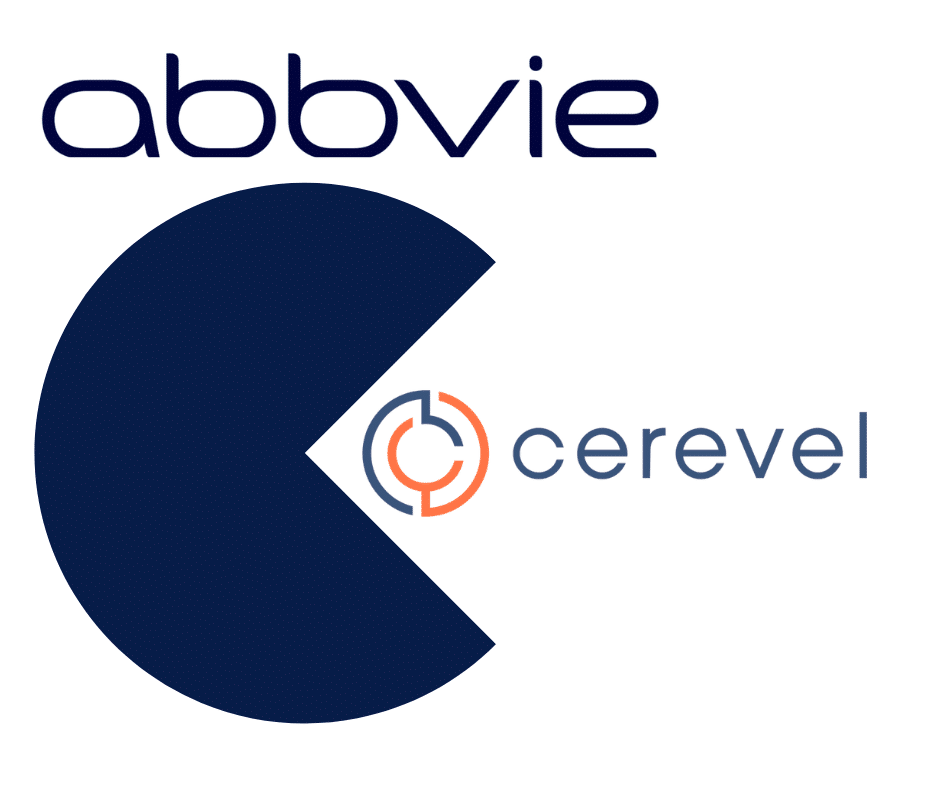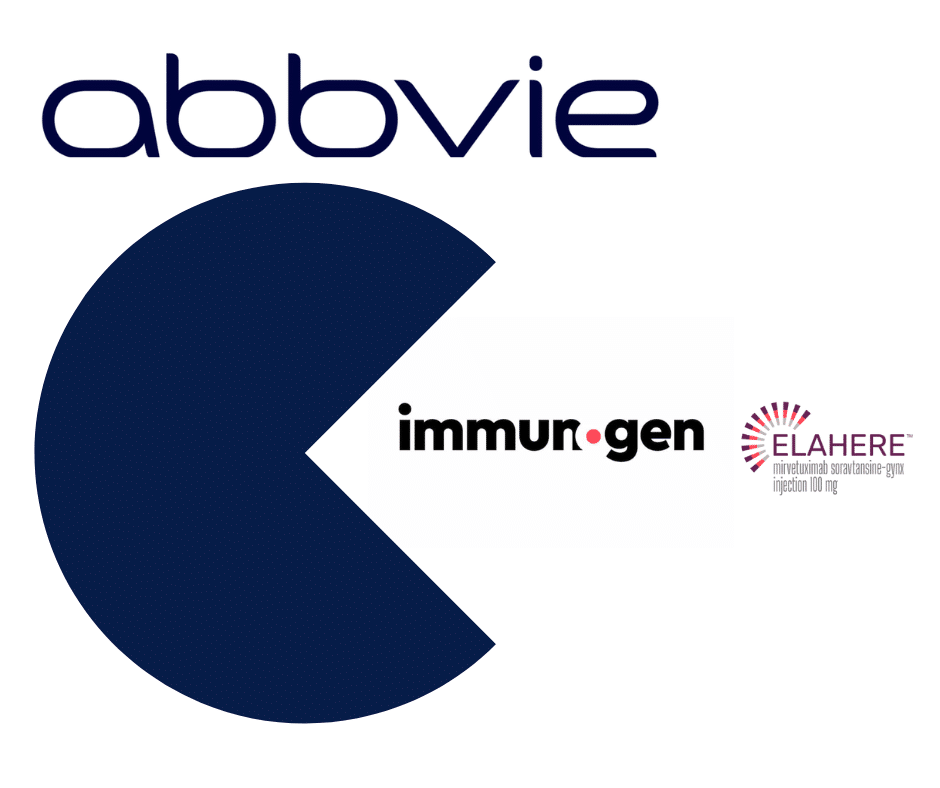Singer Elvis Costello was just forced to cancel his tour to recover from surgery that he underwent to treat cancer. We wish him the best for a full recovery. While termed as “very aggressive”, news reports have noted that it his tumor is small and should be “defeated” through this single procedure. At this time, it is not clear to us as to the exact type of tumor or its makeup and if he requires any follow-on therapy to keep the tumor at bay. At age 63, Mr. Costello a.k.a. Declan Patrick MacManus will likely to be managed like most adults with his tumor type, grade, and stage. But according to new recommendations from the American Society of Clinical Oncologists (ASCO) if he were at least two years older and chemotherapy an option, he should ideally receive a geriatric assessment to determine his treatment path.
Cancer is more challenging in older adults who are less tolerant of treatments
ASCO has already stressed the need for better treatment of older adults with cancer and despite that 60 percent of cancers occur in those over 65, they are severely underrepresented in clinical trials. Furthermore, due to physiologic changes related to aging and comorbidities, this group tends to have issues with poor tolerability and toxicity to oncology therapies. “Older people living with cancer often have different experiences and outcomes in their treatment than younger cancer patients,” said former ASCO President Julie M. Vose, MD, MBA, FASCO. “As we age, for example, the risk of adverse reactions from treatment significantly increases. In 2015, ASCO released landmark recommendations urging for a broadening of clinical trials to include older adults.
What is promising is that progress is being made. The AbbVie/Calico partnership includes oncology as a target of its research efforts. The approval of Vyxeos ™ a treatment for acute myeloid leukemia (AML) was based on studies which included patients 60 to 75 years old, a population that has long been poor candidates for standard therapy due to concerns of toxicity and therapy resistance.
These are only initial steps and there remains a lack of data in older adults for the majority of cancer therapies particularly chemotherapy, making treating them kind of a crap shoot. This is where ASCO envisions geriatric assessment filling a key need. Used for years within other specialties and disciplines, geriatric assessment helps to determine a particular management pathway for an older adult through evaluating physical ability, psychological status, nutrition, cognition, social circumstances and other, coexisting medical conditions. It is underused in oncology practice – with less than 25% of eligible patients receiving a geriatric assessment. Consequently, oncologists have not had the tools to establish the risk to benefit ratio of oncology therapies in older adults and key signals have been missed. With geriatric assessment, oncologist will be able to determine potential for poor tolerance to chemotherapy through identifying signs of dementia, fall risk, frailty, and comorbidities to name a few.
Impact of geriatric assessment in older adults with cancer
While geriatric assessment will likely improve decision making in oncology one patient at time, there is potential for a more pronounced impact. Its use may enhance overall awareness of the impact of aging on oncology practice and pave the way for more studies in older adults with more innovative therapies. Widespread use of these assessment tools can also generate data able to be used by ASCO and the oncology community to make a case for changes in the ways that studies are evaluated in order to encourage inclusion of older adults. This is key to success of cancer treatment because with the aging population expected to double in just less than 50 years, so will the number of individuals with cancer.
Snowfish partners with dozens of pharma, med device and biotech companies to improve their stakeholder strategies. Our expertise in older adults is based on years of experience with this complex yet important segment along with those who manage their health. We can help you to define or fine tune an approach for your product which includes older adults. Reach out to us at snowfish.net.
- Market Access: The Latest Hurdle for Treating Alzheimer’s and Dementia - June 14, 2023
- Rare Disease Outreach a Missed Opportunity - November 7, 2022
- So You Read Our Previous Post on Biomarkers? - August 1, 2022




